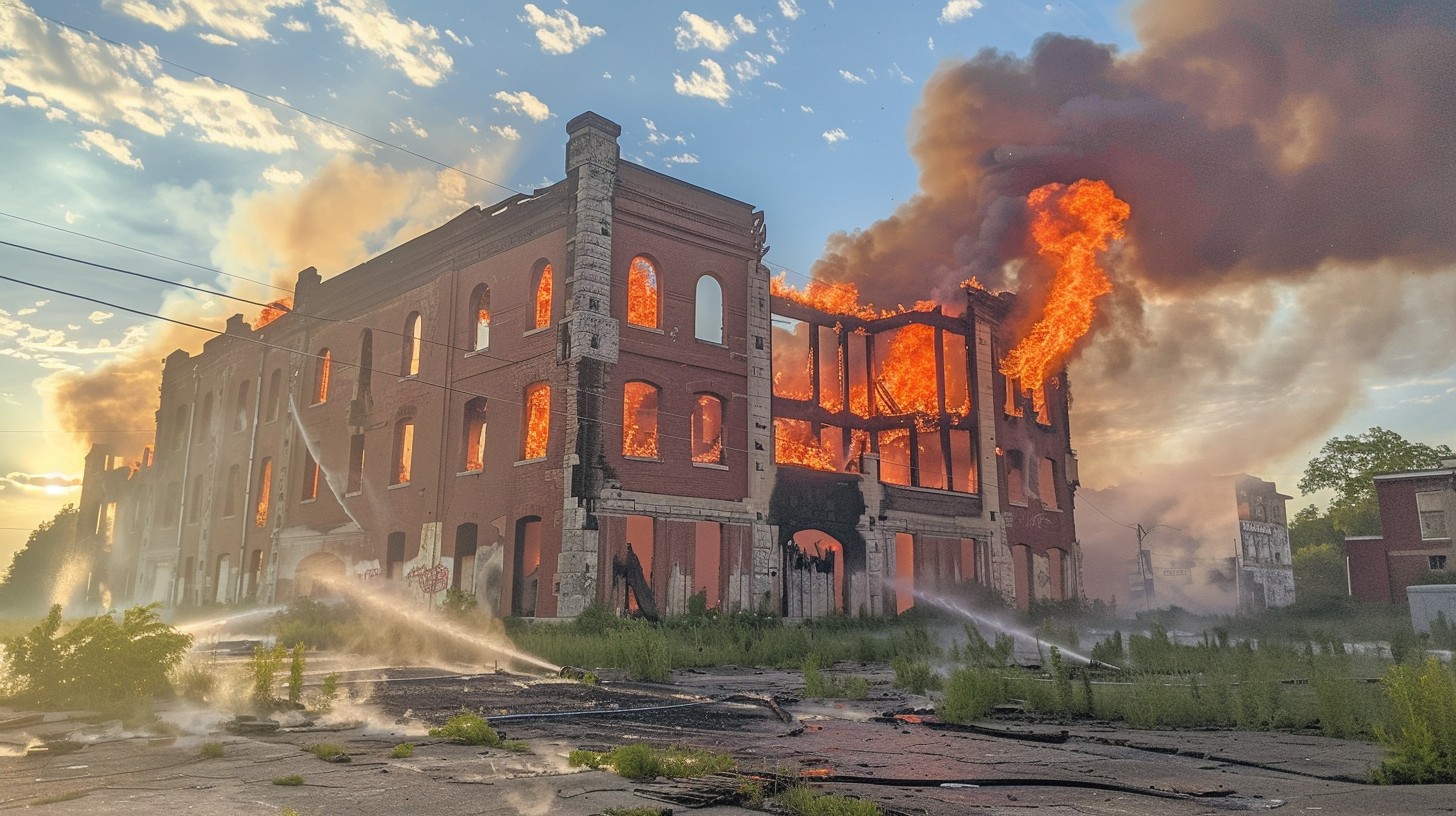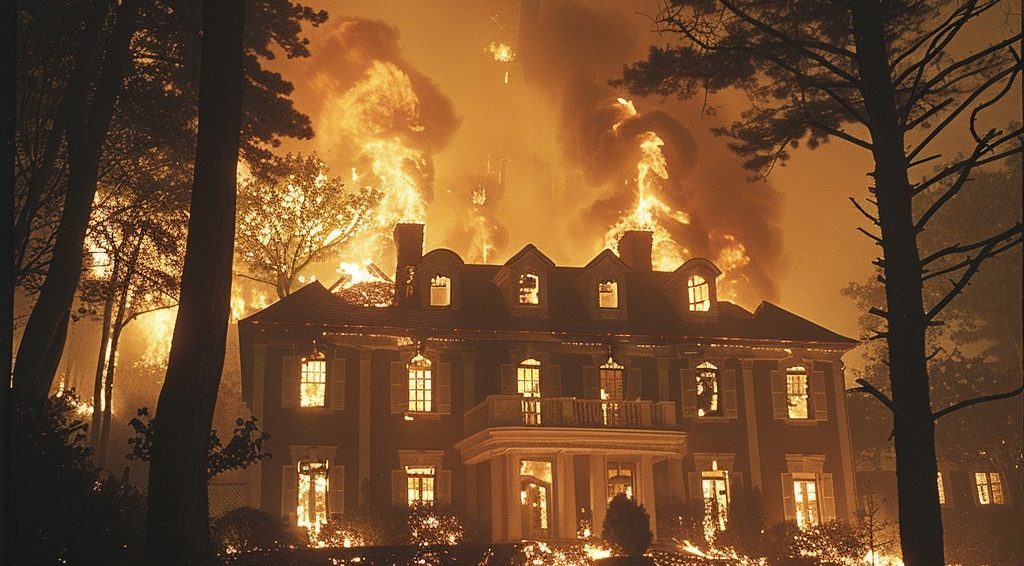Does a freeholder need to insure the building?
Yes, as a freeholder, it’s your responsibility to insure the building. This covers the cost of repairing or rebuilding the building in the event of damage.
What insurance should a freeholder have?
Freeholders should have buildings insurance, which covers the cost of repairing or rebuilding the building’s structure. This can include the roof, floors, walls, and fixtures like bathrooms and kitchens. Other types of insurance, such as third-party liability cover or terrorism insurance, can also be beneficial.
Do you have to pay buildings insurance on a leasehold property?
If you own a leasehold property, you typically contribute to the cost of buildings insurance through your service charge. However, it’s the freeholder’s responsibility to arrange the insurance.
Who arranges building insurance for leasehold properties?
The freeholder or their managing agent typically arranges building insurance for leasehold properties. The cost of the insurance is often included in the leaseholder’s service charge.
Does the freeholder pay the building insurance?
Freeholders arrange building insurance for the entire property. Leaseholders reimburse insurance costs through service charges. The lease document specifies exact payment arrangements.
What is freeholder insurance?
Freeholder insurance covers building structures, common areas, and public liability. Protection includes fire, flood, storm damage, and rebuilding costs. Legal liability coverage protects against injury claims in common areas.
What insurance do I need for a freehold flat?
Freehold flat owners need building insurance for structure and external walls. Contents insurance protects personal belongings separately. Public liability coverage protects against visitor injury claims.
What is a freeholder liable for?
Freeholders maintain building structures, roofs, and common areas. Legal duties include arranging adequate insurance and meeting safety regulations. Liability extends to injuries in common areas from poor maintenance.
Is the freeholder responsible for building repairs?
Freeholders repair external walls, roofs, and structural elements. Common areas including hallways and gardens require freeholder maintenance. Leaseholders handle repairs inside individual flats.
Should I avoid buying a leasehold flat?
Leasehold flats involve ongoing ground rent and service charges. Short leases affect mortgage availability and resale values. Research lease length, charges, and freeholder reputation before purchasing.
What are the benefits of being a freeholder?
Freeholders control maintenance decisions and service charge amounts. No ground rent or lease extension fees apply. Property values remain stable without lease depreciation.
Do you need to buy building insurance for a flat?
Leasehold flats include insurance through freeholder-arranged coverage. Freehold flat owners arrange their own building insurance. Shared freehold requires collective insurance agreements.
What happens if a freeholder dies?
Freehold ownership transfers to will beneficiaries or intestacy heirs. Leaseholders continue paying charges to the estate. New owners inherit all freeholder obligations.
Who is responsible for building insurance?
Freeholders arrange leasehold property insurance. Freehold homeowners handle their own coverage. Management companies coordinate shared freehold insurance.
What is not usually covered by building insurance?
Wear and tear requires separate maintenance funds. Personal belongings need contents insurance. Gradual deterioration lacks coverage. Empty properties over 30-60 days void most policies.
How do I know if I need strata insurance?
Strata insurance covers properties with shared ownership and common areas. Apartment blocks and townhouse complexes require strata coverage. Property titles and ownership structures determine requirements.






